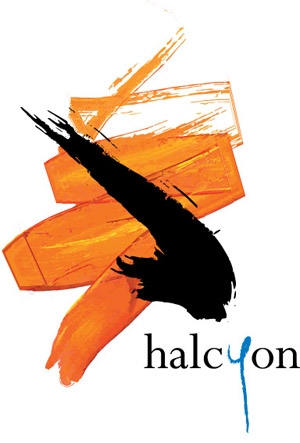Tehillim
Halcyon, Synergy and Ensemble Offspring
Opera-Opera, September 2007
Reviewed by David Gyger
Some great singing and an innovative program
An astonishingly large and enthusiastic audience turned up at Angel Place on Saturday, August 4, for a rewarding concert which took its name, Tehillim, from the title of Steve Reich’s work which occupied its entire second half.
I’m not sure whether Reich’s iconic stature as a voice of the cutting edge of our musical times was the prime drawcard, or the colossal combination of the three performing ensembles involved – the vocal group Halcyon, the instrumental Ensemble Offspring and Synergy Percussion – or the consistently stimulating presence of conductor Roland Peelman who finetuned two of the four pieces; but the ambience of the event was exciting and its overall rewards most satisfying.
In his introductory remarks, Peelman said the blockbuster interest of this concert might well be considered to lie in its second half, devoted exclusively to Tehillim, but there was plenty of merit in the three pieces which made up the first half.
First came the world premiere of Damien Ricketson’s No More Than Liquid, an intriguing instrumental piece focussing on the less abrasive precincts of percussion capability as well as the tootling instrumental segments of Ensemble Offspring. Then came the Australian premiere of György Ligeti’s Sippál, Dobbál, Nádihegedüvel for mezzo soprano and percussion, a beguiling piece whose vocal element was admirably realised by Jenny Duck-Chong. And finally, in the first half, French Canadian Claude Vivier’s Bouchara for soprano Alison Morgan and ensemble, in which a nonsense language invented by the composer is used to extol the exstasies of love which cannot be boiled down to everyday language.
With this trio of preliminary treasures under our belt, the second half of the concert was perhaps rather less overwhelming than it would have otherwise been, though Reich’s music was impressively negotiated by the entire ensemble of voices and instruments.
The cumulative effect of this concert was decidedly positive, though perhaps enough light to peruse the printed program as the evening unfolded – between the items of the first half, we were plunged into near-total darkness while the stage was reset – would not have gone astray.

